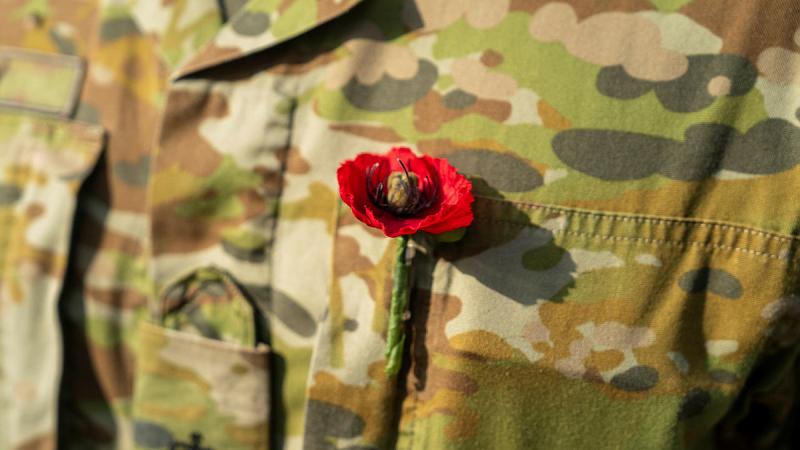Understanding how caring ends is integral for improving support for carers, says an expert from UNSW’s Centre for Social Research in Health
Nyrie* lives with and cares for her partner and parent. Her parent has ageing-related frailty; her partner has a physical disability and a terminal illness. “I love being a carer. It’s a role suited to me,” she says.
“[But] I dislike being so poor, [and the] constant financial anxiety … The fear I’ll give my all to these two now but will have a poor lonely old age myself. No super to afford a decent retirement, no current recognised skills so I can earn a living.”
Carers make an enormous contribution to communities
Nyrie is one of more than 2.65 million people in Australia who provide informal, unpaid care to a family member or friend living with disability, a long-term health condition, terminal illness, or frailty. The average carer provides care for 12 years.
Informal carers make substantial social and economic contributions to communities, yet, for many, transitioning out of caring is financially, socially and personally challenging, says Scientia Associate Professor Emma Kirby from the UNSW Centre for Social Research in Health.
“The health and social impacts experienced by former carers are wide-ranging, including poor health, loneliness, limited employment opportunities, and financial precarity,” she says. “Yet, support for former carers is lacking.”
Existing policy, services, and entitlements, such as they are, tend to focus on current carers, and often don’t include those ‘post-caregiving’, she says. “Our research has revealed how much current carers worry about how their caring will end in the future,” says the expert in sociology of health, illness and care.
“A lot of people can’t see a future. They can’t even imagine a future … They’re afraid of what’s going to happen, to the person that they care for, and to themselves.”








